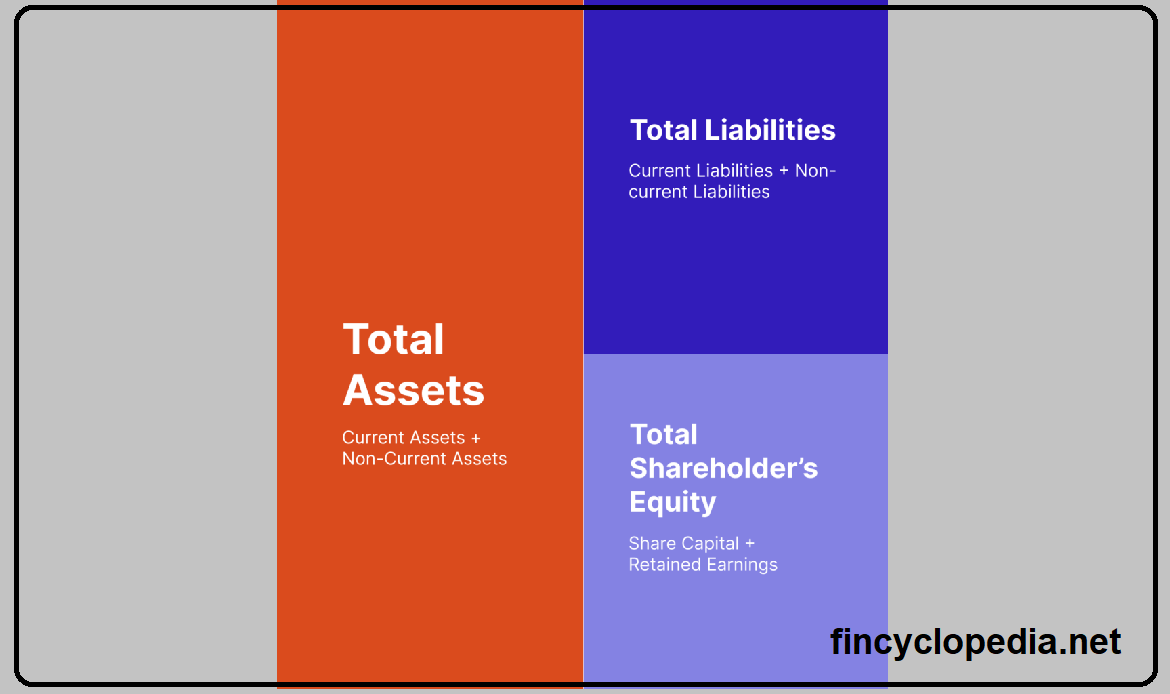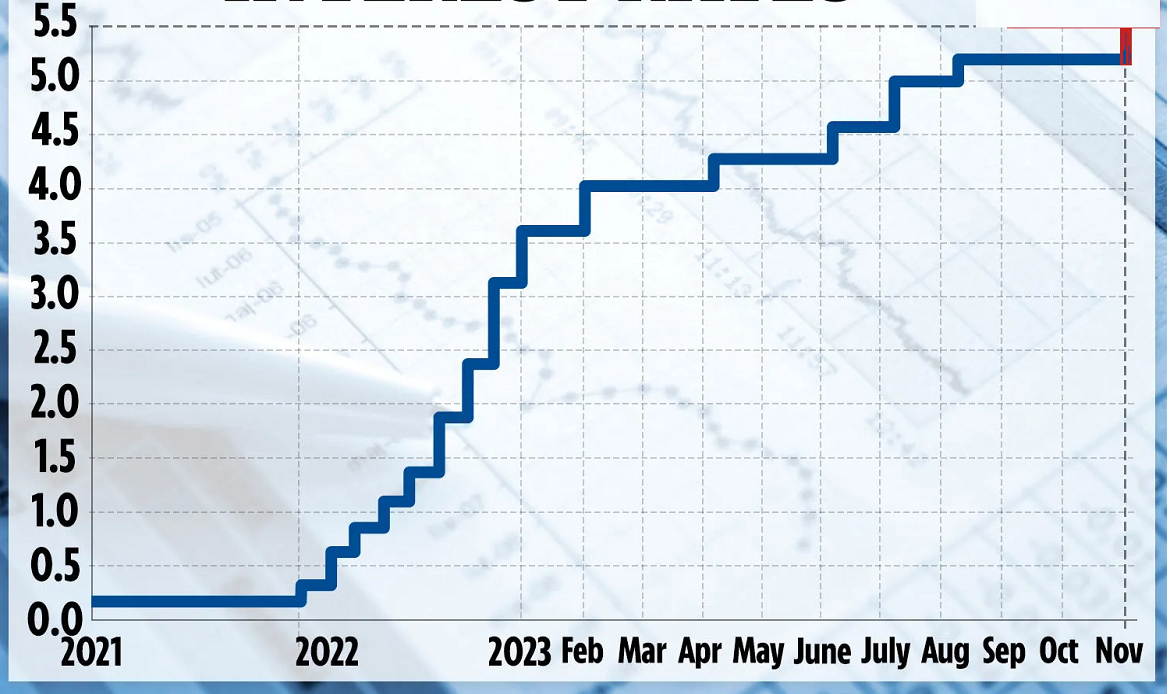A bank account (banking account) whose holder may not be able to withdraw from because it becomes subject to restrictions imposed by a government authority (e.g. a central bank, monetary authority, judicial authority, etc). For example, an account may be blocked for reasons related to currency exchange control in an attempt by a central bank to prevent the use of domestic currency for payment of imports, either because the country doesn’t have enough foreign exchange reserves to balance the import transactions or because it wants to prevent devaluation of its currency.
Blocking of bank accounts was resorted to in recent history by specific countries such as Germany in the 1930s and in the UK in the 1940s, and was also used by developing countries in the 1960s and the 1970s. In most cases, this tactic doesn’t produce the desired effect as the currency sought to be protected ends up devalued anyway, and the funds kept in blocked accounts lose much of their value by the time they are released.
A bank account may be frozen because the holder of the account is subject to a bankruptcy proceeding. On other occasions, a government may block the accounts of foreign nationals due to political or security-related considerations.







